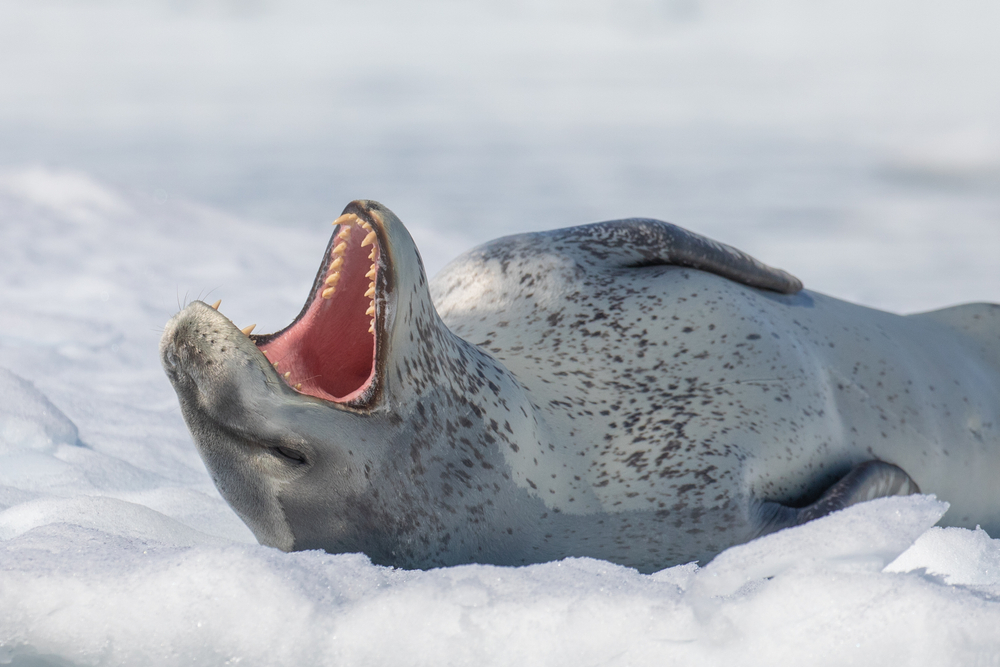Woman killed by leopard seal while snorkeling in Antarctica
Marine biologist Kirsty Brown lost her life in a rare predator attack that stunned the scientific community
Kirsty Brown, a 28-year-old marine biologist, died in 2003 after being pulled underwater by a leopard seal while snorkeling near Antarctica. The incident remains one of the only known fatal seal attacks on humans.
For Kirsty Brown, joining the British Antarctic Survey (BAS) in 2002 was more than a job — it was the realization of a lifelong dream. Friends and colleagues described her as outgoing, dedicated, and passionate about the ocean. She was set to spend 30 months working in one of the most remote regions on Earth.
But less than a year into her posting, her life was cut short.
In July 2003, Kirsty was snorkeling near an iceberg when a leopard seal attacked. Witnesses on shore could only watch as the powerful predator dragged her beneath the freezing water. Her team rushed to help, pulling her into a rescue boat and later attempting to resuscitate her for over an hour. Despite their efforts, she could not be revived.

A rare and deadly encounter
Leopard seals, which can reach 11 feet in length and weigh more than 1,000 pounds, are among Antarctica’s top predators. They typically hunt penguins and are not considered a threat to humans.
At the time, BAS officials described the incident as virtually unheard of, noting that in 30 years of Antarctic research, no one had ever experienced such an attack. Some experts suggested the seal may have mistaken Kirsty for prey before releasing her, but by then the injuries were fatal.
Her death was the first confirmed fatal leopard seal attack on a human since the early 20th century.
Remembering Kirsty Brown
Colleagues remembered Kirsty not only as a skilled scientist, but as someone who brought joy and determination to every task. Lloyd Peck, a senior ecophysiologist with BAS, said she was “full of energy and enthusiasm” and had the ability to handle even routine tasks with a smile.

Chris Rapley, then director of BAS, recalled how her teammates affectionately nicknamed her “Bang” because of her lively personality.
To honor her, a small island in Ryder Bay near Rothera Station was later named Kirsty Island. The rocky outcrop, now a place for both research and recreation, ensures her name remains part of the Antarctic landscape she loved.
Kirsty Brown’s death remains a sobering reminder of the unpredictable dangers that come with working in extreme environments. For those who knew her, she is remembered not for the way her life ended, but for her passion, her work, and the energy she brought to every expedition.





